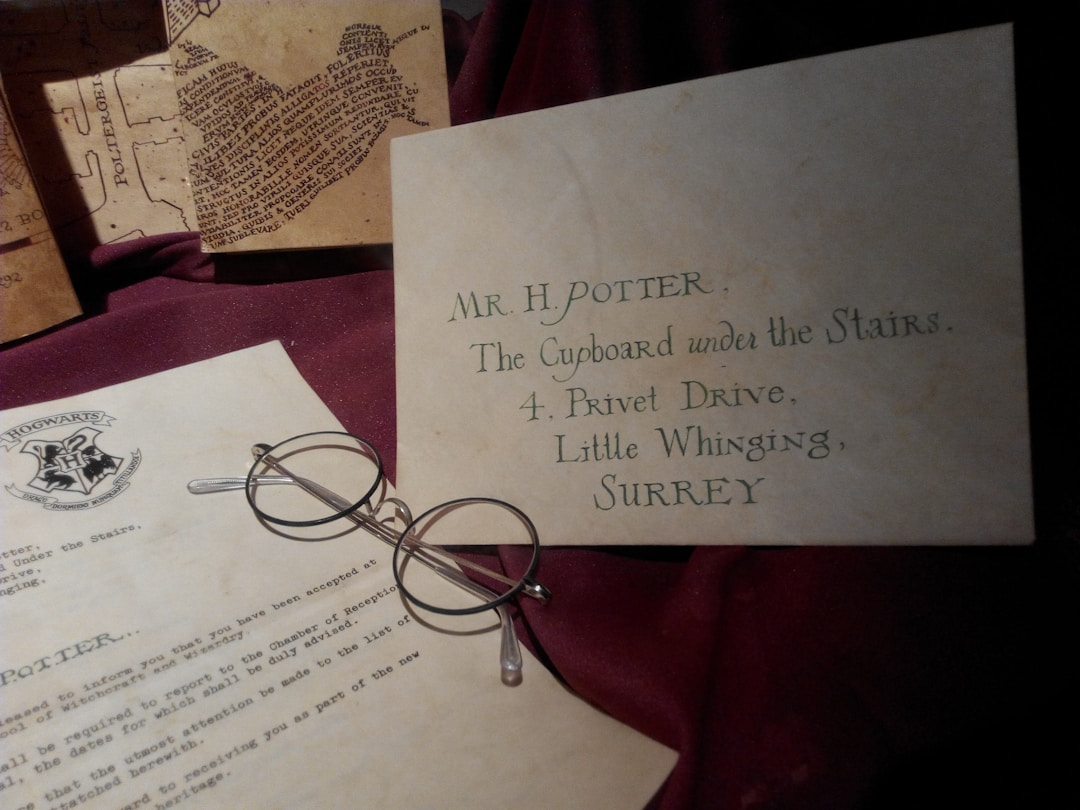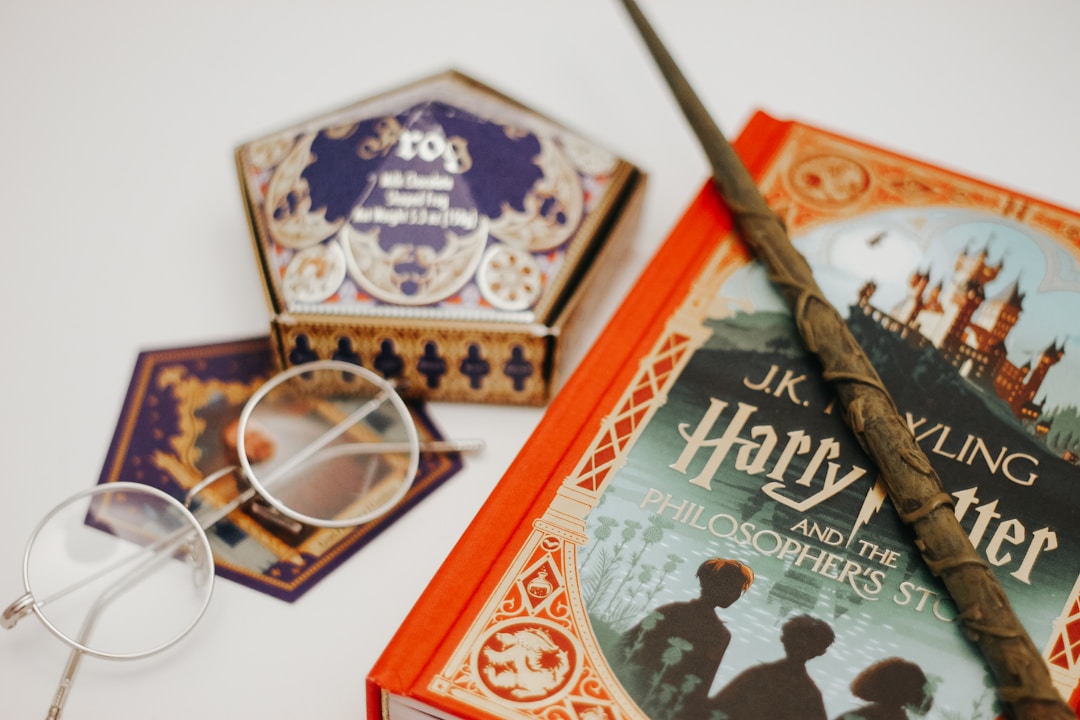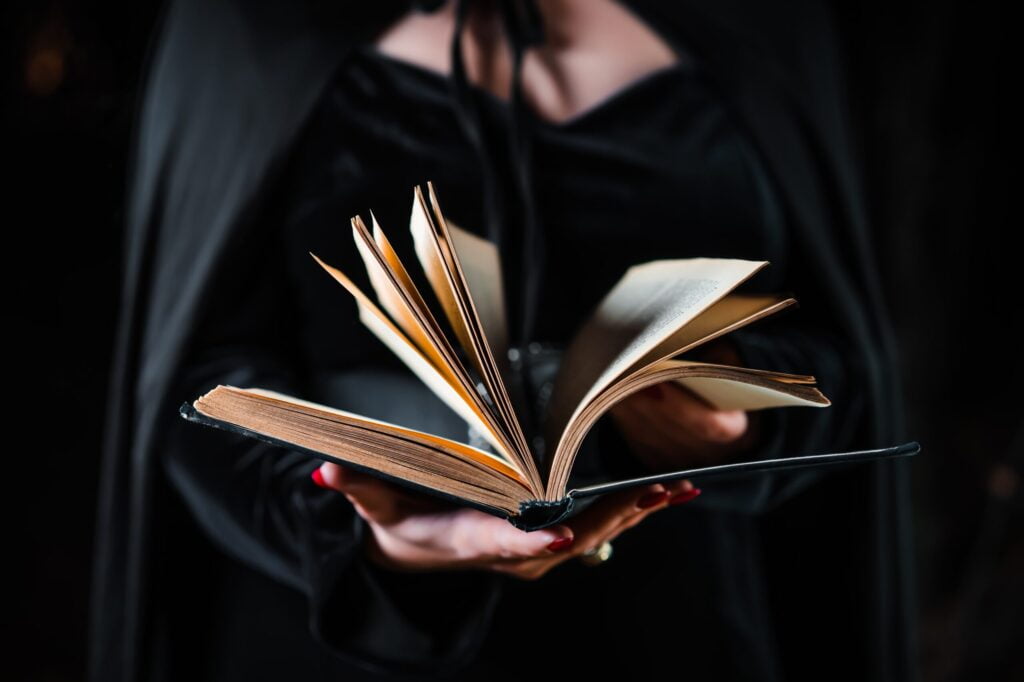In recent times, there has been a significant resurgence in the popularity of the fantastical world of wizards and witches, those intriguing, almost mythical beings who operate in a realm distinct from our ordinary existence. With the advent of popular franchises like the Harry Potter series by J.K. Rowling, the world of wizardry has taken on a contemporary charm, captivating audiences across the globe with its enchanting narratives, memorable characters, and evocative imagery. As we delve into this mystical domain, let’s venture to understand why the wizarding world has regained such paramountcy in popular culture. Below, we go on a magical journey examining the significance of the wizarding realm, its revitalization, and the factors that have contributed to its splendid comeback.
The Enduring Allure of the Fantastical Realm

The charm and enthrallment of the fantastical world are undoubtedly timeless, captivating the hearts of audiences across generations. The allure of wizardry and witchcraft is not a novel concept; in fact, it has its roots deeply embedded in folklore and myths across diverse cultures. Witches, wizards, and magical beings have habitually featured in tales of adventure, mystery, and intrigue. This universal fascination can be attributed to the thrill of venturing into the unknown, the allure of extraordinary power, and the enigmatic personalities of these magical entities.
The widespread reader and audience fascination for this mystical world can also be traced back to our instinctive thirst for escapism. In a mundane reality grounded in rules and obligations, the sphere of witchcraft and wizardry holds an intrinsic appeal, offering an alluring alternate universe rife with possibilities. To be able to teleport, cast spells, or even possess the power to alter one’s destiny, is an exciting prospect.
In today’s digitized era, wherein most fantasy-themed shows and books pivot on post-apocalyptic scenarios or inter-galactical battles, the domain of wizardry offers a stark contrast, inviting us to a tangible, earthly world that is simultaneously extraordinary. This juxtaposition of the familiar and the unfamiliar fuels our fascination, justifying the undying appeal of this magical realm.
Retracing the Harry Potter Impact
The impact of the Harry Potter series on popular culture is momentous. One can assert without a smidge of doubt that this franchise disruptively propagated the love for wizardry. It nurtured an entire generation’s interest in magical beings and their thrilling adventures. Since the launch of the first installment, the harry potter books in order, have persistently enthralled readers, transcending boundaries of age, gender, and geography.
The Harry Potter series, with its intricate narration, multidimensional characters, and vivid descriptions, redefined the genre of magical realism. The widespread popularity of the franchise was aided by the successful adaptation of the books into a blockbuster movie series. The cinematic rendition, with its stellar cast and impressive visual effects, amplified the charm of the wizarding world, making it accessible to a broader audience base.
Another critical factor that contributed to the iconic status of Harry Potter was the sense of community it fostered among fans worldwide. Conventions, fan clubs, and social media interactions shaped a global community of Potterheads, manifesting conversations, creative expressions, and collective adulation for the series. This phenomenon reinforced the stature of Harry Potter and played a crucial role in the enduring fascination with the wizarding world.
The Nostalgia Factor

Nostalgia, an emotional longing for the past or certain aspects of it, plays a significant role in the renewed popularity of the wizarding world. As readers who grew up being marinated in the world of Harry Potter turn into adults, the nostalgia associated with the series becomes a key element of its allure. Every re-read or re-watch stirs up fond memories, a sense of identification, and a strong emotional bond with the characters and their fictional world.
Moreover, as many of these readers introduce the next generation to the magical world, they get to relive the thrill of discovering this magical universe for the first time. The sense of wonder, adventure, and enchantment experienced by readers during their childhood forms a critical part of their collective nostalgia, further reinforcing the appeal of the wizarding world.
Many ventures capitalize on this nostalgia factor. Merchandise, wizard-themed park attractions, spin-offs, and revamps all tap into the collective memories and emotions of the audience, bolstering the revived popularity of this domain.
Modern Reinterpretation and Adaptations
Another key reason for the resurgence of the wizarding world’s popularity is the successful reinterpretations and adaptations. These efforts have ensured that the portrayal of magic adapts and evolves to match the tastes and expectations of the contemporary audience. The transition has been so seamless that today, wizardry has transcended from a niche genre to mainstream pop culture.
Reinterpretations have introduced fresh perspectives, taken creative liberties, and revamped magical concepts to suit contemporary sensibilities. These efforts have resulted in a multi-dimensional, inclusive, and sophisticated portrayal of magic. Moreover, current adaptations adopt a more complex narrative style, moving away from unidimensional good-versus-evil themes, delving into character complexities, challenging societal norms, and exploring thought-provoking themes.
While this evolution helps engage mature readers, it also ensures that the magic of witchcraft and wizardry is accessible to a new generation of young enthusiasts. These modern renditions have breathed new life into the genre, helping keep the magic alive and relevant.
Digitalization and Wizarding World

Digital technology has significantly contributed to the world of magic’s resurrection. Online platforms, social media, and digital games have introduced the wizarding world to an even broader audience and have offered fans new ways of engaging with their beloved characters and world.
Gaming adaptations like “Harry Potter: Hogwarts Mystery” and “Hogwarts Legacy“, leverage augmented reality to bring the magic to our everyday world. These games offer fans an immersive experience, providing a platform to virtually inhabit and interact with the magical world they love.
Furthermore, digitalization has eased access to fantastical content. It has made it possible to read a spellbinding tale at the click of a button, watch a magical movie from anywhere in the world, or even join a fan forum to discuss theories. This digital revolution has played a significant role in keeping the wizarding world alive and buzzing in the internet era.
The Wizarding World: A Timeless Phenomenon
The resurgence of the wizarding world signifies a testament to the enduring allure of fantasy and magical realism. It underlines how stories of magic, bravery, and adventure continue to captivate us, despite the vast technological advancements and scientific inquiries of the real world.
This enduring popularity can be credited to the magical world’s universality. It integrates aspects of everyday human existence—love, purpose, identity, good and evil, with the mystique of the mystical realm. It offers an escape from reality, while at the same time reflecting on universal human emotions and experiences. This blend of familiarity and fantasy plays a key role in ensuring the genre’s immortality.
Today, the wizarding world continues to grow broader and deeper, evolving with time yet holding onto the essential magical charm that has managed to enchant millions worldwide. From the time-tossed mythologies of ancient cultures to the wizarding school of Hogwarts, magic has, and will always, remain a fascinating aspect of human storytelling, signifying the timeless appeal of the wizarding world.
Altogether, the magic of wizardry, witchcraft, and the accompanying realm of fantasy holds a unique place in our hearts and the cultural zeitgeist. The resurgence of the wizarding world reveals our collective yearning for adventure, our fascination with the mystical, and our age-old love for stories that make us believe in magic. Overall, it paints an encouraging landscape for the promising future of this timeless genre.




